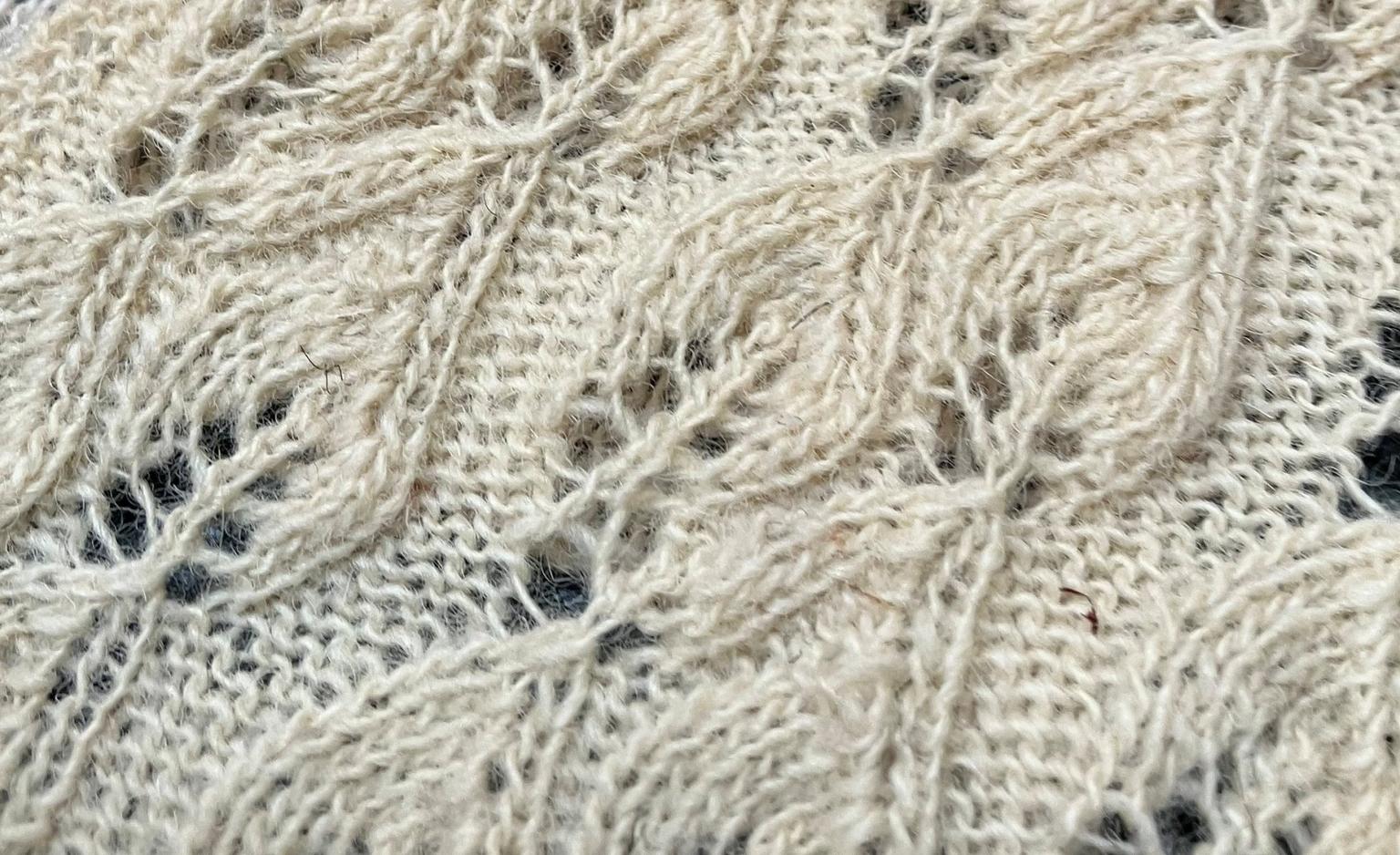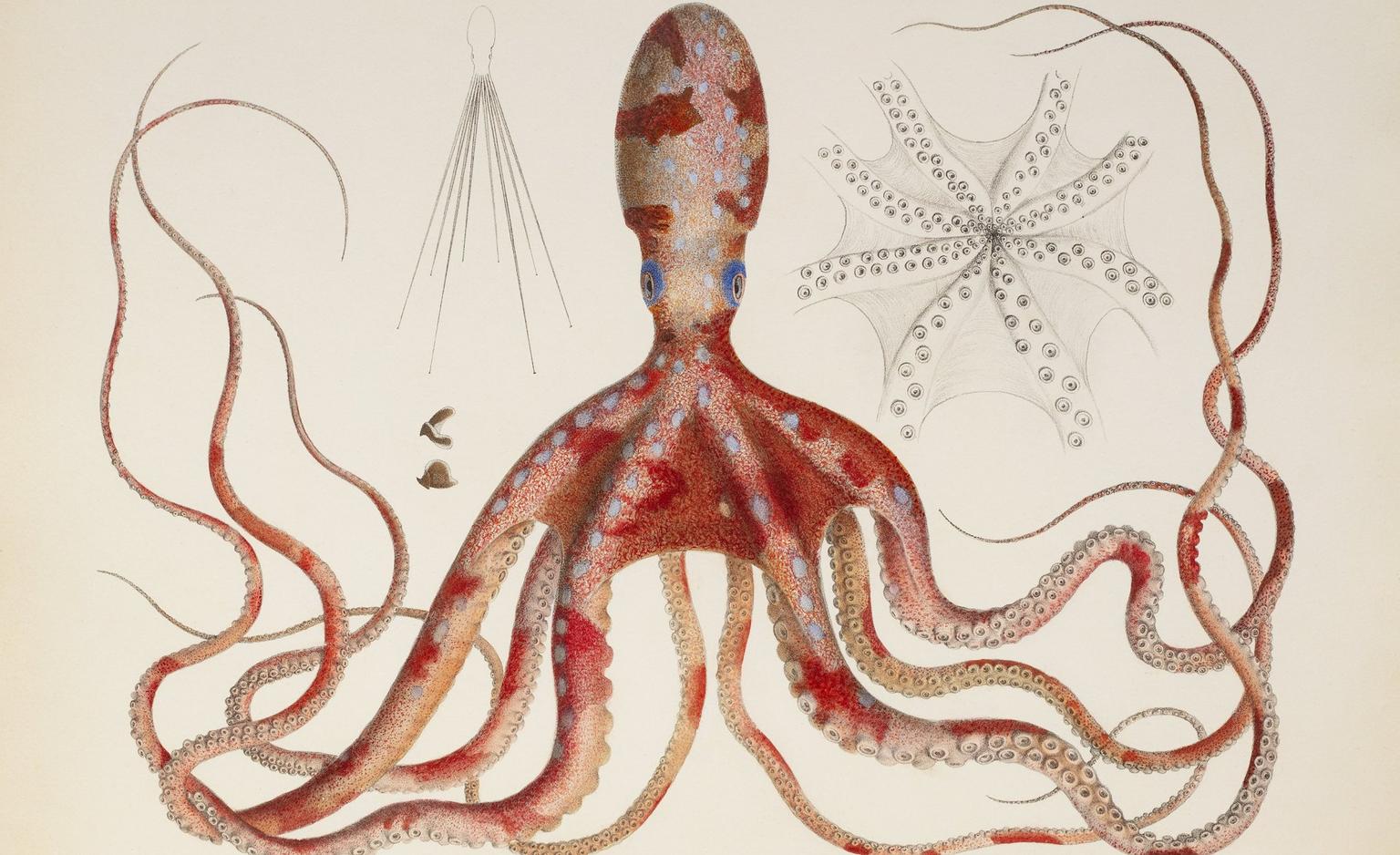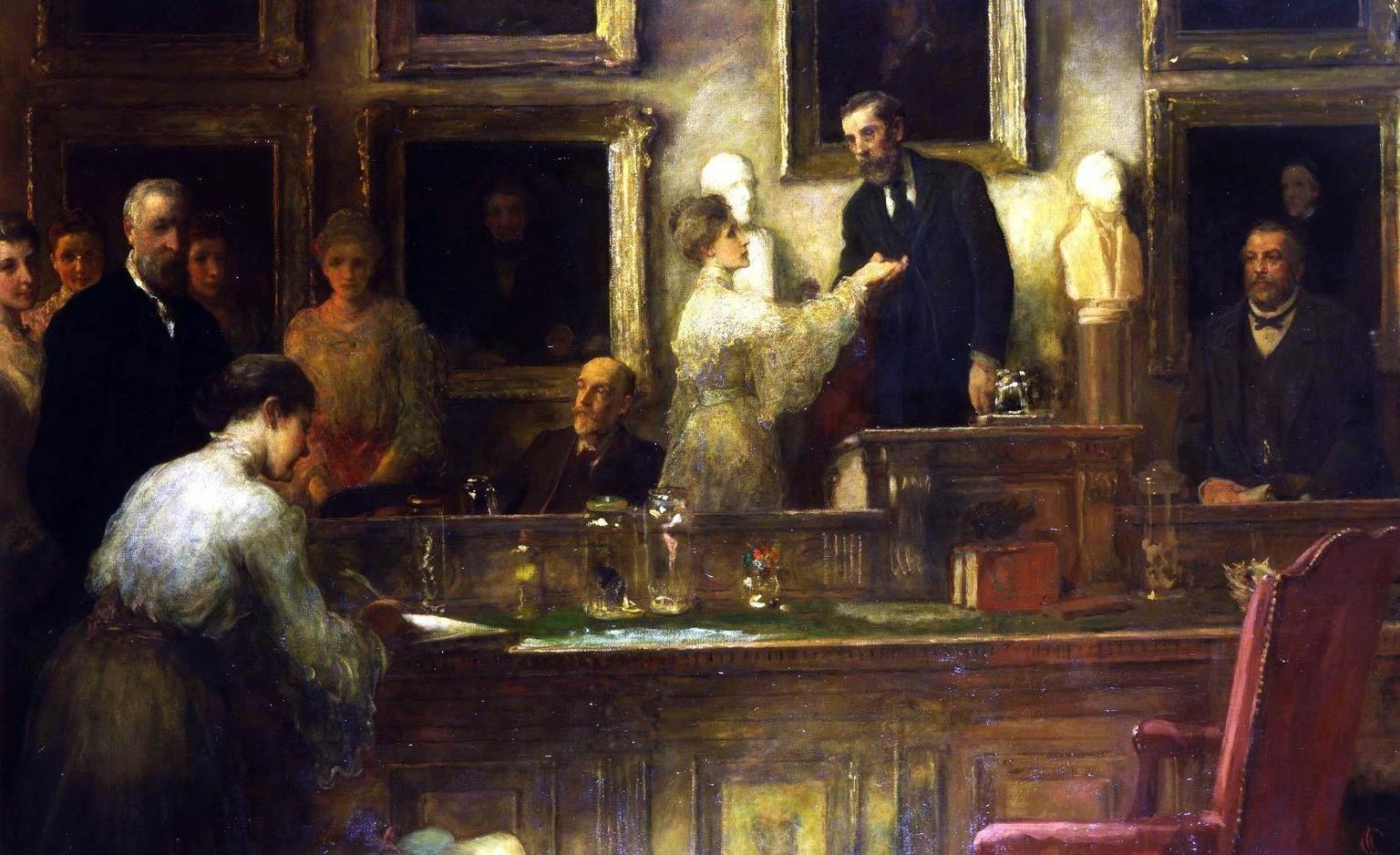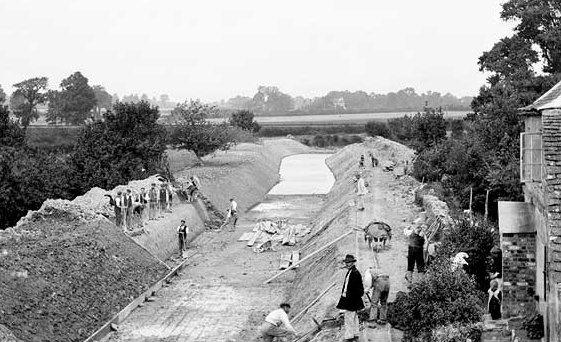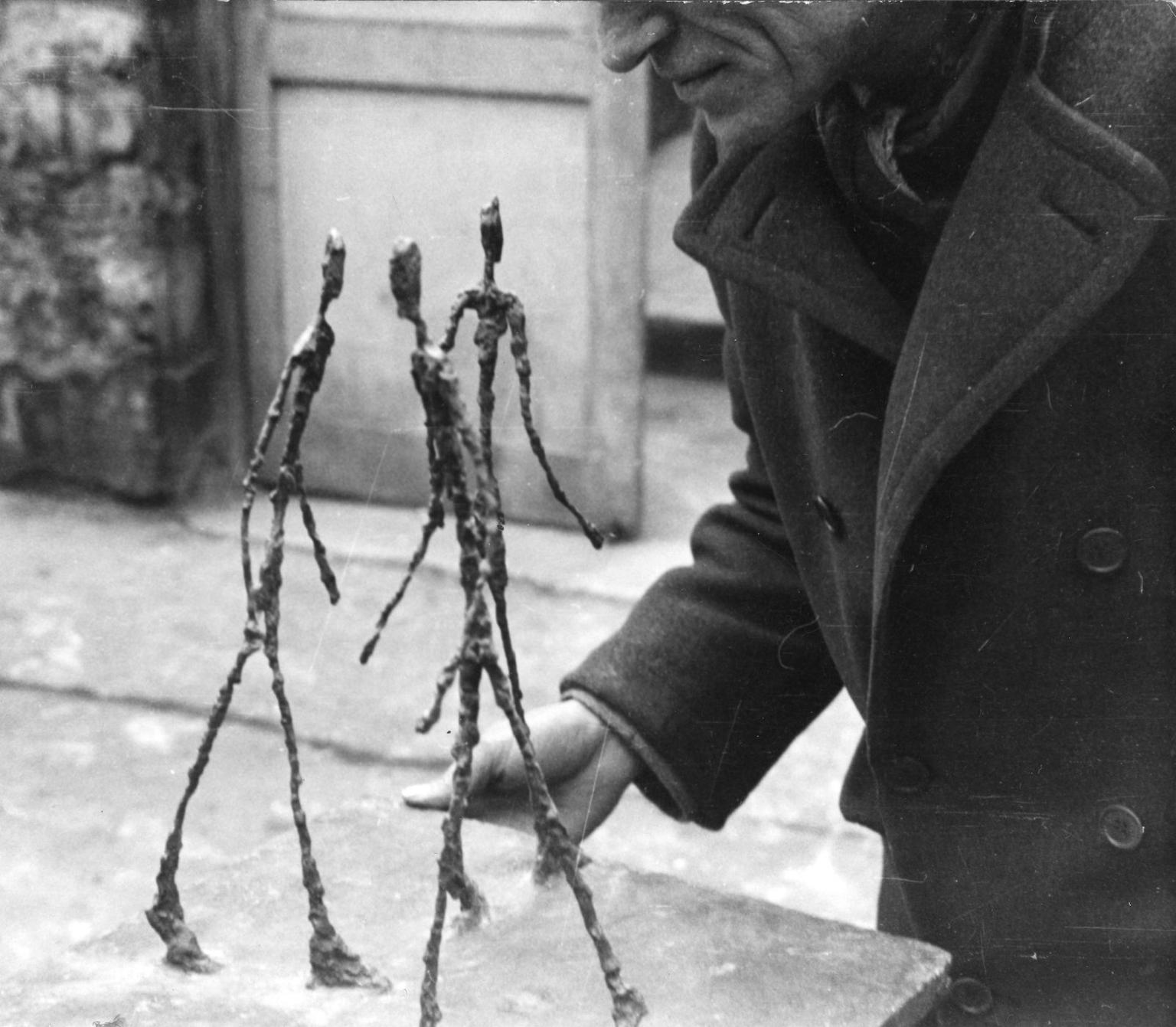Learn why the humble notebook has been an essential tool for celebrated thinkers throughout history.
With the arrival of paper manufacturing in medieval Europe, the practice of notetaking was enthusiastically embraced by literate individuals. Whether handmade or luxurious, notebooks became an extension of the notetaker's brain, used to take spontaneous notes, to doodle and draw, to copy and share recipes, to keep a diary, or to write and rewrite drafts before copying them afresh.
Notebooks also became central to the practice of natural history: helping naturalists to take notes from the works of previous naturalists, keeping field notes, drawing the natural world, and sharing their ideas with others.
The advent of printing did not spell the end for the notebook, but rather invested notetaking with a fresh impetus. Naturalists’ Notebooks looks at some of the notebooks kept at the Linnean Society, tracing the multiple uses of an unassuming yet essential tool in the history of knowledge making.
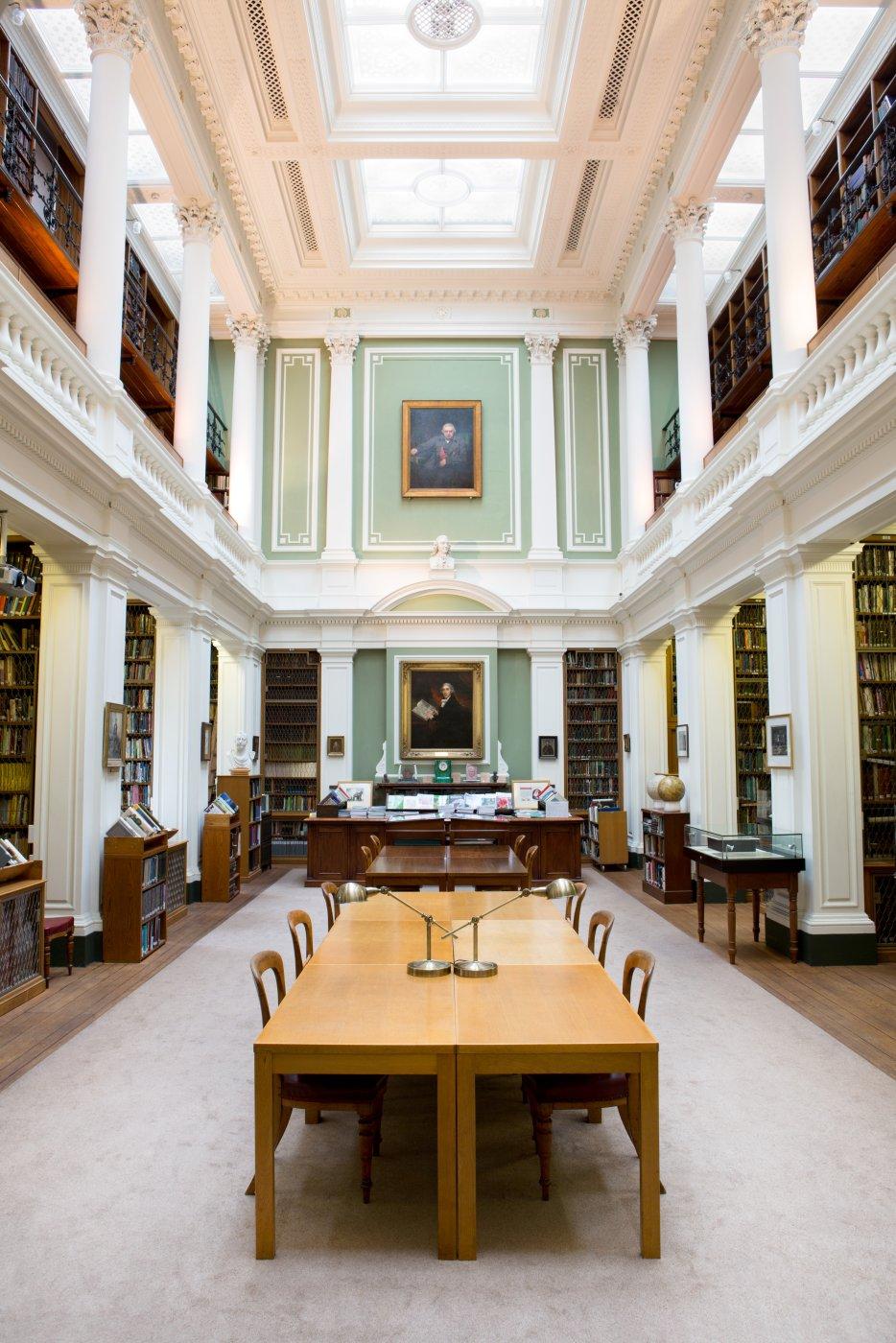
Get a National Art Pass and explore The Linnean Society of London
You'll see more art and your membership will help museums across the UK
National Art Pass offers available at The Linnean Society of London
10% off in shop
Expires: 1 Jan 2026
Visitor information
Address
Linnean Society Of London, Burlington House, Piccadilly, London, W1J 0BF
02074344479
Opening times
Tuesday - Friday: 10am-5pm


